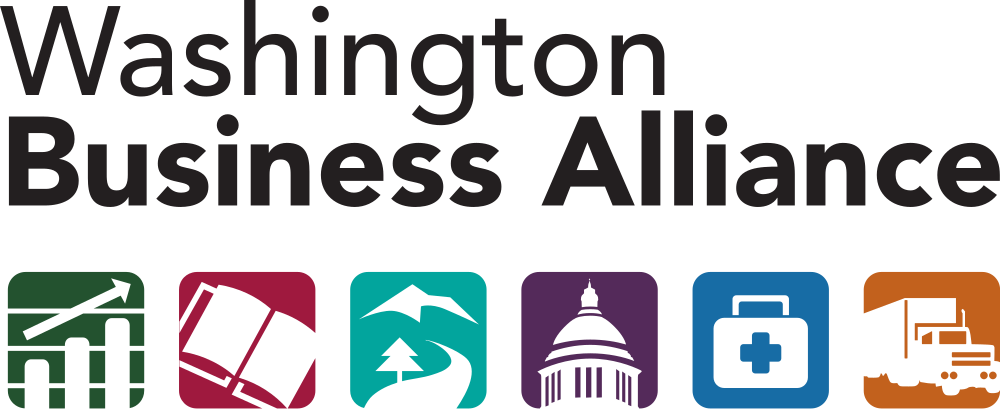by Hans D. Stroo on December 5, 2014
Washington’s hydropower resources provide the state with the lowest combined electricity price across all sectors and one of the least carbon intense electricity mixes in the nation. Maintaining this competitive edge is key to preventing leakage which may send jobs to less-clean states and countries, providing a net negative effect on global carbon.
Partially derived from fuel disclosure reports made available by the Washington State Department of Commerce.
Attempting to further discourage fossil fuel consumption by increasing the price of electricity can hurt Washington’s competitive advantage and result in diminishing returns. Without a carbon price, market forces and regulation are already discouraging the use of coal and accelerating the transition to less carbon intense energy sources. By 2025, Washington State’s largest emitter, the Centralia coal-fired power plant, will close, eliminating coal generation from Washington’s domestic electricity mix. This will reduce Washington’s grid emissions rate by 38%, accounting for over half of Washington’s emission rate reduction required by the EPA’s pending 111(d) rule. Furthermore, Governor Jay Inslee has instructed the Utilities and Transportation Commission and the Northwest Power and Conservation Council (NWPCC) to regulate coal-by-wire. By 2020, increases in production will make the U.S. a net natural gas exporter. For consumers, a switch to cleaner electricity—specifically natural gas for thermal generation—will minimally impact electricity prices.
Click here to read more about Creating the Win-Win in Washington State: Low Carbon Prosperity.
